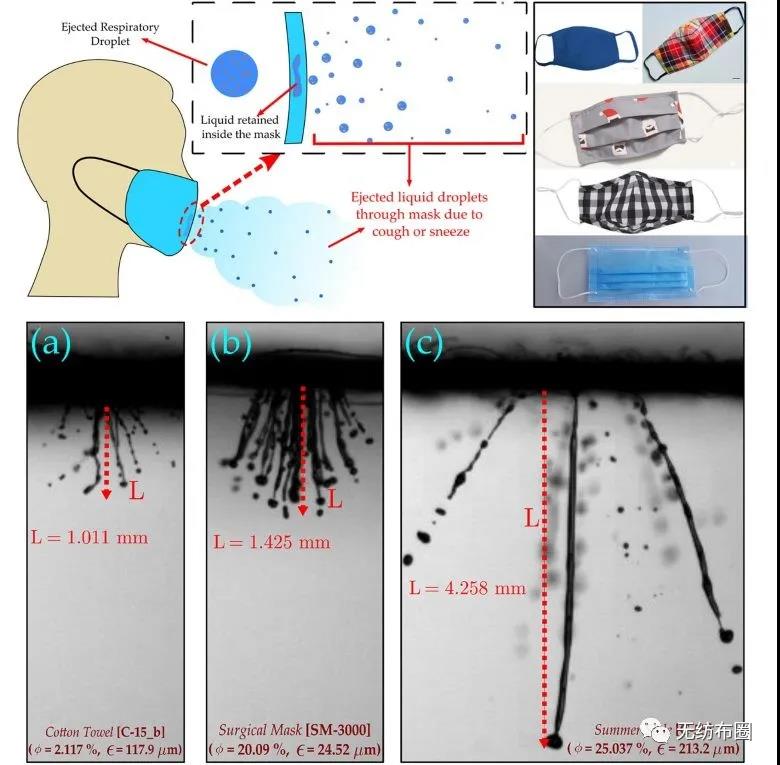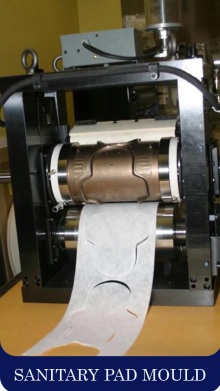Scientists in India have shown that cloth masks block aerosol viruses
As the novel Coronavirus infection continues to spread, many experts recommend wearing homemade masks when surgical masks or N95 masks are not available to prevent the spread of COVID-19. While such temporary masks are more affordable and readily available in countries with low per capita levels, the effectiveness of cloth masks has not been thoroughly studied.
 Audited supplier
Audited supplier
Using a variety of locally sourced fabrics as masks, researchers at the Indian Institute of Science studied the fate of large surrogate cough droplets at different speeds, from mild to severe.
Researcher Saptarshi Basu said: "Our results show that cotton and towel fabrics are the most effective of all fabrics and multiple layers must be stitched together to make a homemade mask. A homemade mask with three or more layers is recommended as it can significantly inhibit aerosols."
Researchers analyzed the effect of washing on mask efficacy and found that over periods of up to 70 washes, the effect was negligible.
Using a piezo-based droplet dispenser, the researchers created an alternative cough droplet that affected a single layer of different fabric samples at different speeds. The fabrics used in the study included single-layer summer shawls, handkerchiefs, cotton towels, and surgical masks.
Specific cotton fabric materials were chosen according to their daily use and the tendency of people to use these cloth materials to cover their faces. The researchers used high-speed imaging to quantify the threshold of penetration and the amount of droplet penetration at different speeds.
The researchers looked at how fabric characteristics, such as pore size and porosity, affected the infiltration of droplets through the mask. The findings are relevant to a number of groups, including policymakers who study ways to combat aerosol generation through secondary atomization of cough droplets as they penetrate mask fabrics. It is helpful for mask manufacturers and the general population to know that N95 and surgical masks are most effective, but if not available, some specific cotton materials or homemade fabrics are suitable for effective temporary masks.
The research results can also be used in everything from agriculture to medical practice applications, these applications, place a wire mesh or maybe a construction fiber network with variable porosity can reduce from the nozzle spray momentum, to ensure that nutrients or the best spread pesticides on crops, or better disinfection in hospitals.
 Audited supplier
Audited supplier
Cut or Embossing Roller

adult diaper machine

adult diaper machine customer review

China domestic pension institutions call for: advocate the use of high-quality adult diapers

THE DEVELOPMENT AND UTILIZATION OF POLYMER ABSORBENT RESINS (SAP) IN DIFFERENT FIELDS

the epidemic prevention glow mask is coming, and the place where the virus is attached to the mask will glow!

Four packing solutions for baby diaper manufacture

what you should know about panty liner machine

Development of baby diaper core structure








